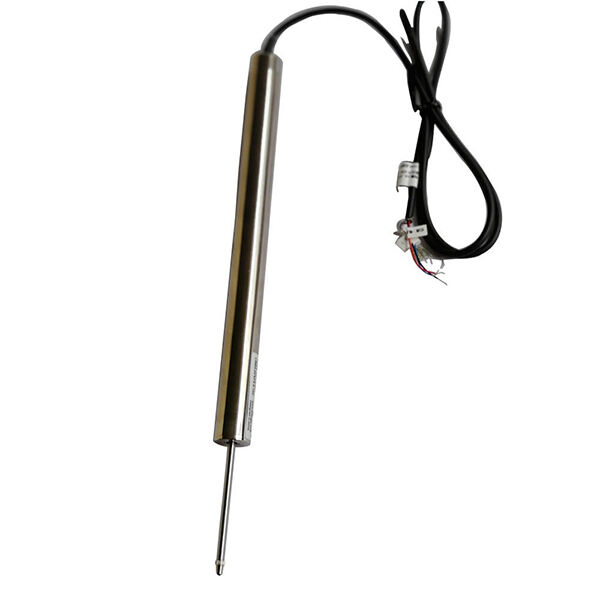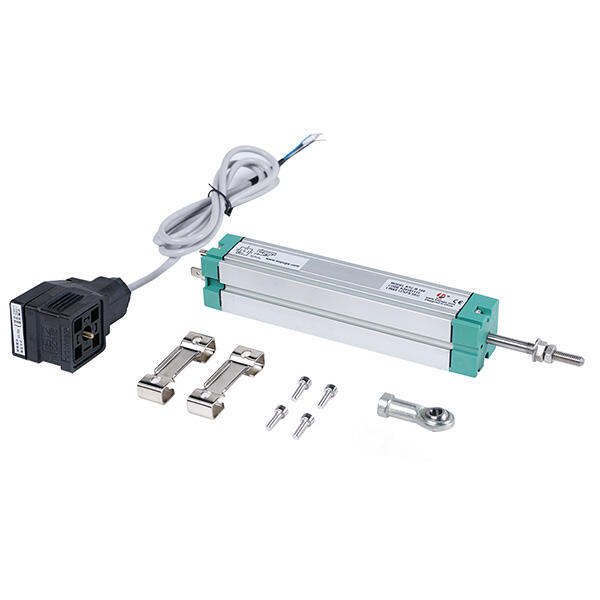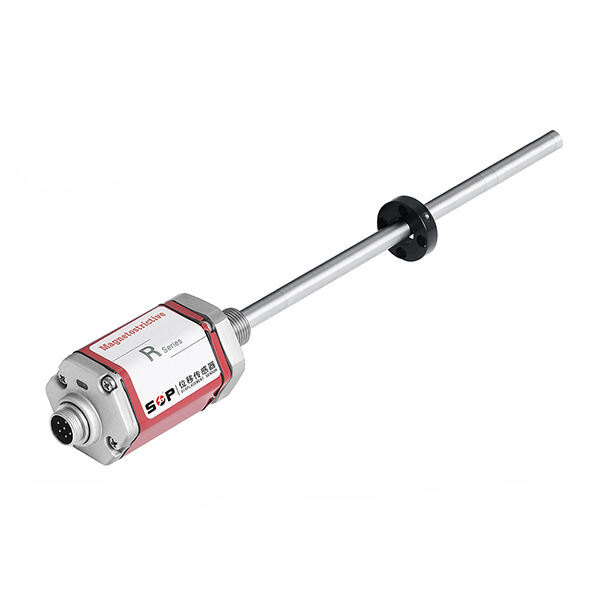There are industries where we need to weigh things with such accuracy that the use of special sensors, like the linear motion sensor from SOP, is required. These sensors play a critical role in ensuring items are weighed accurately. They are also used to working faster and making it more accessible. Advanced weighing sensors have unique technology used in building them that makes the results accurate while measuring weight.
Load cell sensors from SOP are applied in various fields, such as food, pharma, automotive, and aviation. That way, the consumers get enough acceptable food/ for health quality regularly. Again, it is mainly used by manufacturers in the food industry. Medicines are weighed to ensure the right ingredients/products are used By measuring luggage to ensure the weight of an airplane on a plane in aviation.

However, they also need the correct numbers so that machines can function properly and products will be made correctly. This is where modern weighing sensors like the displacement sensor from SOP can benefit since they are much more accurate measurements. They have the technology to know the weight of things, even from long distances and in rough environments. Construction is one of the primary use cases for these sensors. They get placed in machines to check they are not overweight as well as for safety purposes so accidents don't occur. This allows for accurate measurements of crop yield when farming and helps farmers make good decisions.

The advent of new sensors like the magnetostrictive sensor from SOP is revolutionizing the weighing industry. These sensors are designed to address the challenges that industries face with weighing equipment. They are adaptable, performing reliably in a wide range of temperatures and humidity, and are made of robust materials to withstand tough conditions. This adaptability ensures their performance and reliability, even in the most demanding environments.

High-speed and high-resolution sensors like the rotary torque sensor are essential to meeting the demands of rapid global development. Sensors designed for this purpose deliver high performance to meet such needs. These devices are highly accurate, quick, speedy, and very hard-wearing, making them most appropriate for the industries in which measurement is integral. These sensors can perform reliably in harsh circumstances such as high temperatures and chemical contamination. Therefore, they can be replaced for strong industrial applications.
Our company been accredited by CE, RoHS, ISO9001 well as other certifications. Before shipment, we examine each product. SOP also provides engineers offer after-sales weighing sensor solve any problems with product.
Our main products consist various kinds of sensors, like linear displacement sensors, draw wire sensor, load cell, LVDT torque sensor, magneto sensor, weighing sensor sensor, many more. We provide OEM/ODM services accordance with the requirements of customer.
SOP has over 20 years production experience and worked over 500 global weighing sensor. It is professional manufacturer and high-tech enterprise engaged the development, research manufacturing, sales, service of various types of sensors.
Customers can select a variety transport services. We provide secure packaging expedited shipping to all of stock items. After shipment you will weighing sensor tracker details.